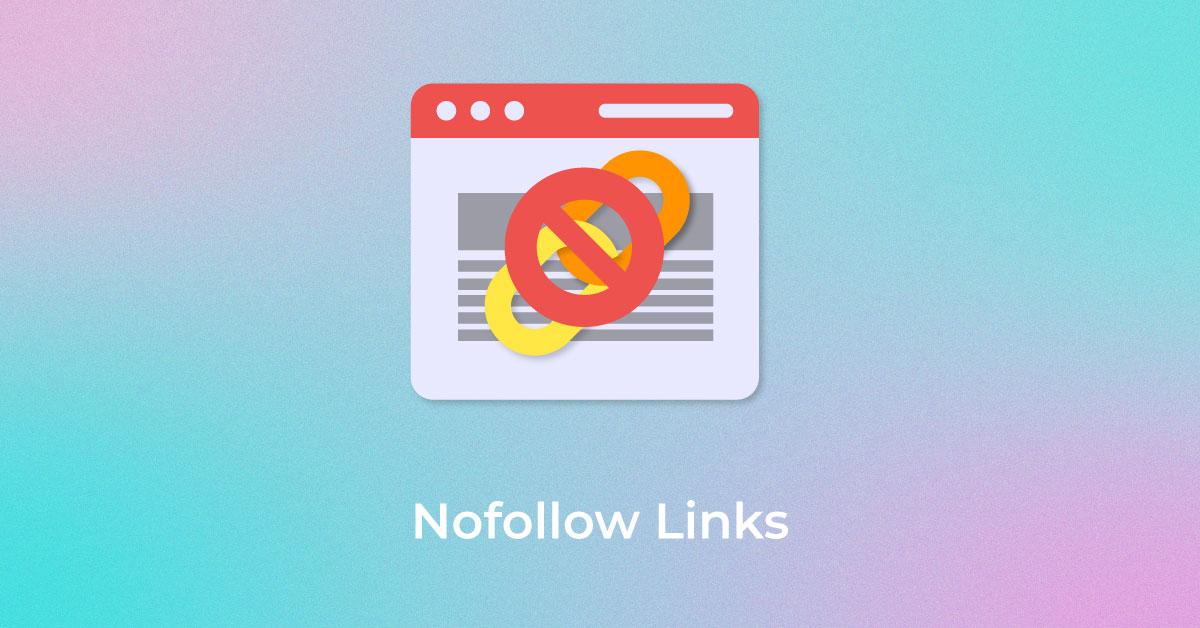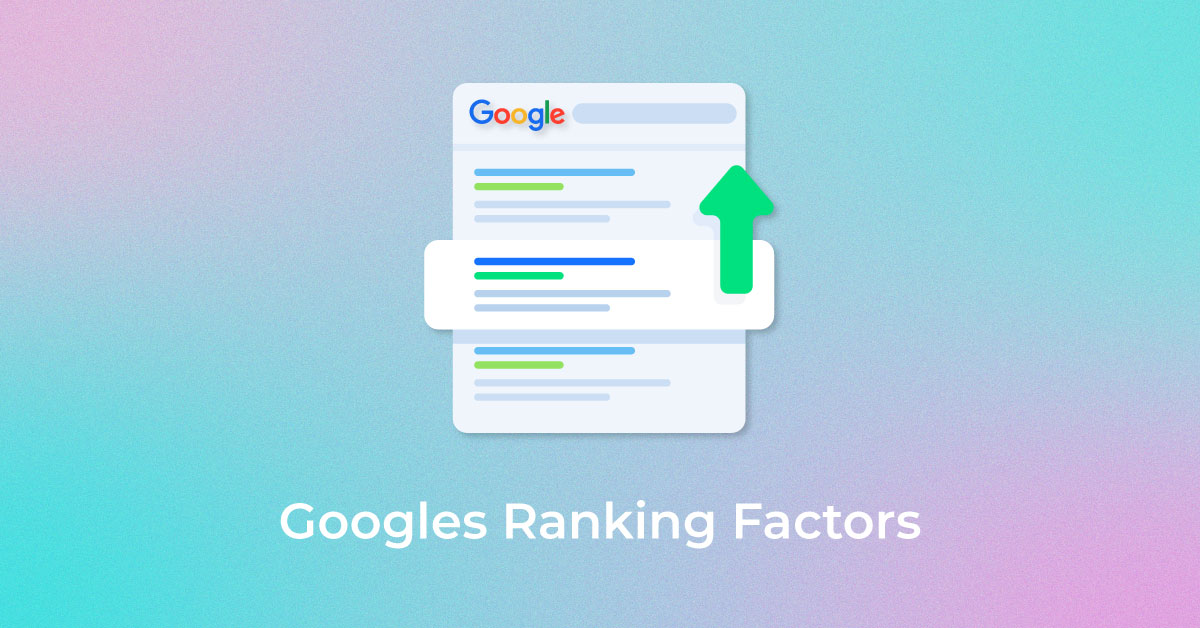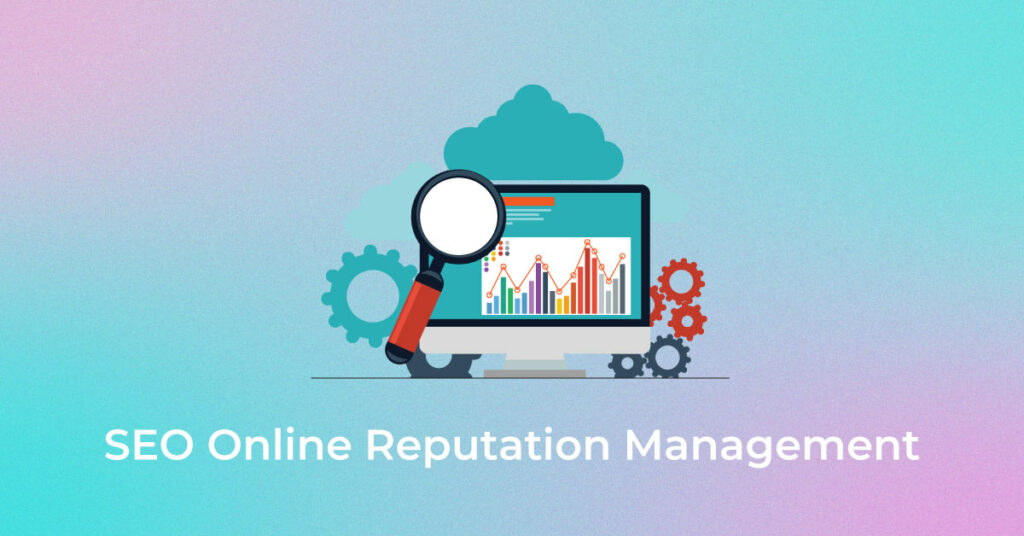Some years ago, a popular confectionery brand saw a massive fall in sales after some of the items were said to be contaminated. Once the news broke, the company’s manufacturing plant was raided by the authorities. To overcome the loss of sales and goodwill in the market, they started a campaign that would help them in gaining their reputation back.
This was before the Internet was considered to be a powerful marketing tool, and most efforts to regain its standing were offline.
In today’s day and age, when the Internet is the king, if a product or service is hit by a negative review or a controversy, online reputation management comes in handy.
What is Online Reputation Management?
Online reputation management(ORM) is a process that assists you in monitoring your brand’s image across the industry. It helps you recover from the damage suffered by your brand due to third-party sites’ malicious intentions.
How Does it Work?
You must first research your brand’s keywords to determine which phrases your content is negatively ranking for. Examine various industry-related blogs, forums, and press releases to see where your brand is being portrayed negatively. Begin by removing or reporting negative or abusive comments, then address users’ concerns by resolving their issues, and finally, remove negative links.
When you believe you have cleaned up your site, integrate ORM. Attempt to increase the number of positive reviews about your brand on various platforms.
Why is Reputation Management Important?
1) Personal Brand
Reputation is crucial for both personal brands and corporations. Consider yourself a social media influencer who informs viewers/subscribers about fitness products. No matter how much knowledge you have in this industry or how good your videos are, if you are accused of recommending unhealthy supplements, you will lose your subscribers in an instant.
To keep your face value worthy, regularly check comments on your account. Investigate what other influencers are saying about your brand. If you notice any questions or negative reviews, try to contact the person to resolve their issues. You should also collaborate with other industry experts to gain the trust of your subscribers.
2) Corporate Brand
There could be a variety of negative feedback about your brand on various websites. Even if your products are the best in the industry, third-party sites may try to smear your reputation. They accomplish this by making unfavourable comparisons. Aside from that, keep an eye out for invalid press releases.
If someone searches for your brand and the first page of results contains negative feedback about your brand, you will receive very few clicks. Always keep yourself posted on what’s going on online with your brand’s keywords. To improve your brand reputation, steps must be taken immediately to deal with negative reviews, wrong product information, etc.,
Unlock higher rankings, quality traffic, and increased conversions through tailored award-winning SEO strategies.
Elevate your web presence by Infidigit’s SEO solutions.
Unlock higher rankings, quality traffic, and increased conversions through tailored award-winning SEO strategies.
Online Reputation Management for SEO
1) Manage Front Page
Make yourself aware of your site’s pages that are ranking at the top. Once you are familiar with them, make a note of things missing on those pages. The following example will help you get this point better.
Assume you are a loan service provider, and your personal loan pillar page is displayed on the second spot of the SERP. In this case, it is recommended to optimize this page further to improve your overall site’s visibility. Some of the things you can do here are updating your contact information, adding positive customer testimonials, hyperlinking other product pages, and a few more.
2) Be Active on Social Media
Social media platforms are great to improve brand awareness. It enables you to connect with your prospects in a more personalized manner. However, relying on such platforms to drive traffic and convert leads carries some risks. You cannot always control the comments you receive or the posts others share about your brand.
One of the best ways to build your brand reputation is to keep yourself active on different social media platforms. Reply to maximum comments, whether positive or negative. Post comments on your competitors’ profiles to broaden your reach. Your response should be tailored to your prospects’ relevant enquiries.
3) Set up GMB Listing
GMB refers to the Google My Business account, and it provides crisp information about your company. Remember that not all users have the time to go to your official website, click on the dashboard, and then go to the contact section to find your company’s customer service number or address. In such cases, having a well-optimized Google My Business account will greatly benefit you and your customers. It includes information such as your business hours, phone number, and directions to your office, among other things.
4) Be Newsworthy
As previously stated, you cannot control or keep track of negative news about your brand. If you devote your entire attention to this instead of SEO, you are making a huge mistake.
To make yourself newsworthy, take the help of a PR team. For example, if your company has recently reached a milestone, share the news with various media outlets to ensure that it reaches as many people as possible. Make sure everyone is aware of any charitable events you are planning. Doing these small things will assist you in overcoming the negative reviews or news surrounding your brand.
Why Does Online Reputation Management Matter?
1) Loss of Paid Traffic
As a site visitor, assume and respond to this. Assume you searched for XYZ brand, a fintech company, only to find reviews and third-party blogs labeling them as scammers, frauds, and so on. Would you go any further and click on that site’s link in this situation? Certainly not.
Regardless of how much companies spend on obtaining paid traffic, it won’t help them if there are several negative reviews around them. So, what is the best piece of advice in this situation? Invest in hiring a marketing expert. The digital marketing team will work tirelessly to clean up your site, protect it from negative feedback, and assist it in gaining traffic.
2) Loss of Organic Traffic
Marketing involves a lot of things. A digital marketing expert will have a list of the factors used by Google to determine ranking factors. But, as a website owner, have you ever noticed that despite your best efforts, your site’s traffic continues to decline? If this is the case, the cause must be a poor brand reputation.
A poor brand reputation is the major cause of loss in organic traffic. Such a situation will result in a loss in traffic, lower click-through rates (CTRs), etc. It will also lead to a drop in search engine rankings, and your web pages might find themselves at the bottom of the search engine results page (SERP).
3) Loss of Marketing Spend Effectiveness
If you spend a lot of money on traditional means of advertising and marketing such as print media, TV, or radio, you should also keep an eye on your online presence. Even if your marketing campaign is compelling and includes the voice of a celebrity or an industry expert, achieving success will be difficult with a poor reputation. The reason for this is that before purchasing any product, prospects will use a search engine to learn about your brand’s mission and image. If they discover a negative reputation, the money you spent on marketing to connect with your prospects will go in vain.
4) Loss of Corporate Value
You have probably heard of cases in the past where one piece of bad news about a company drew the attention of regulatory authorities. Assume you own a noodle business. One of your customers reported that your noodle ingredients contain chemicals that are harmful to one’s health.
Even if the news is false, the damage to your brand’s value will be severe if it becomes public. Your sales volume will fall, your social media account will be bombarded with abusive comments, and your website will receive fewer clicks. In the worst-case scenario, the food regulatory authority may close your factory and halt future production.
5) Loss of Profit
Customer reviews have a significant impact on the prospect’s purchasing decision. If your site has a slew of negative reviews on social media, YouTube, and on-page, your site visitors have a slim chance of becoming leads/buyers. Such things will result in a major drop in sales, and the situation will eventually make your company a loss-making firm.
Strategies for Online Reputation Management
1) Increase Rankings of Positive Search Results
Focus on search engine algorithms to better the visibility of positive content. For example, if you have a strong product page or Google My Business account, put effort into improving the same. Check for missing keywords, alt tags in images, etc. Make your entire website user-friendly and device-compatible. You must also ensure that the information on your homepage is up to date or not.
2) Remove Negative Search Results
You will find multiple ways to remove the negative content related to your brand on the SERP. However, to do so, you will need proper experience and a thorough understanding of search engine algorithms.
The first thing you can do is conduct extensive keyword research. It will provide you with a list of high-traffic keywords related to your brand that are returning negative results. Once you are aware of them, look out for ways to remove them. Wherever it is possible, report the results to the search engine as spam. Delete abusive or negative comments that impact your brand value.
3) Bring Down the Negative Search Results
The best way to pull down your brand’s negative search results is to obtain links from high-quality sites for your well-researched and keyword-rich content. This approach will improve your site’s authority making it trustworthy. The approach will help to push positive content to the top while pulling negative content to the bottom.
Conclusion
Your brand’s reputation is critical for gaining customer trust and increasing traffic. It keeps you afloat in the market while giving your competitors online a run for their money. However, maintaining the value of your brand through positive feedback is not always possible. To deal with this, you must have a solid understanding of different search engine algorithms and any major or minor updates from them.
Popular Searches
How useful was this post?
0 / 5. 0

















